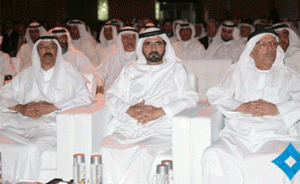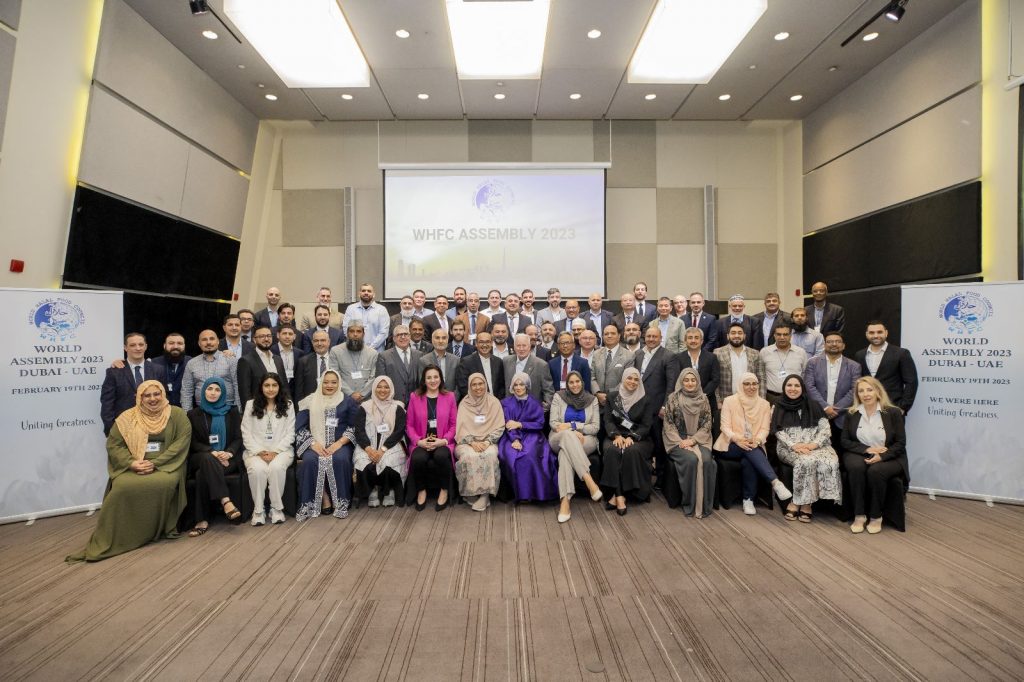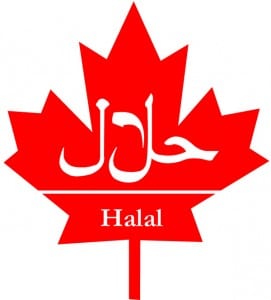Food business is probably the next best developed after the financial sector, with a value of $685b
 Amid the global move towards an Islamic economy, Dubai has already laid its robust footsteps with the launch of “Dubai: Capital of Islamic Economy” by His Highness Shaikh Mohammad Bin Rashid Al Maktoum, Vice-President and Prime Minister of the UAE and Ruler of Dubai.
Amid the global move towards an Islamic economy, Dubai has already laid its robust footsteps with the launch of “Dubai: Capital of Islamic Economy” by His Highness Shaikh Mohammad Bin Rashid Al Maktoum, Vice-President and Prime Minister of the UAE and Ruler of Dubai.
The potential and the attraction of the Islamic industries has been widely underpinned by the impressive attendance of more than 2,600 leaders of business and politics gathering in London at the World Islamic Economic Forum (WIEF), the first time this was held outside an Islamic country.
The global halal food business is probably the next best developed after the financial sector, with a value of $685 billion (Dh2.5 trillion), of which $83 billion is attributable to the GCC countries.
The opportunities are enormous for the halal food sector to grow in the region, where food imports to the GCC alone is expected to more than double to Dh194 billion by 2020. These countries rely heavily on food imports from countries like Australia, New Zealand and Brazil, where the rate of imported food reaches 90 per cent of their total food consumption.
Consumption rate
It is a golden opportunity for the UAE to grasp, as the food consumption rate reached Dh28.2 billion last year, and forecast to climb to Dh32.6 billion this year. The food and beverage sector is expected to grow by 10 per cent on average in the next two to three years to reach more than Dh40 billion by 2016.
While the whole world is looking for a global standard to be put in place as soon as possible, Dubai is taking serious steps towards providing more regulatory frames for halal industries in the Mena region. Emirates Standardisation and Metrology Authority (ESMA) currently monitors the whole process of the product, starting from the farm until it goes to packaging and storing.
It has also recently been mandated by the Organisation of Islamic Cooperation (OIC) to formulate new halal regulations and codes for cosmetics and perfumes to be implemented in all Islamic countries, and it is working for these standards to also be adopted by other countries.
Advanced infrastructure
With ESMA acting as a certification body with its new regulations in place and with the advanced infrastructure the emirate enjoys, Dubai is set to become a regional framework base for halal industry, allowing it to compete internationally with Singapore, Malaysia, Indonesia and Australia.
Dubai proves every day to have a huge potential to be a hub for the halal industry. Another illustration of that is the recent announcement made by Dubai Municipality to create an accreditation laboratory that includes all specifications and procedures related to the halal food, where it it’s approved by the International Accreditation Forum and the International Laboratory Accreditation Cooperation
It is very clear to everyone that the emirate will play a major role in promoting and growing this sector across the Middle East.
The writer is CEO of Dubai Industrial City.



